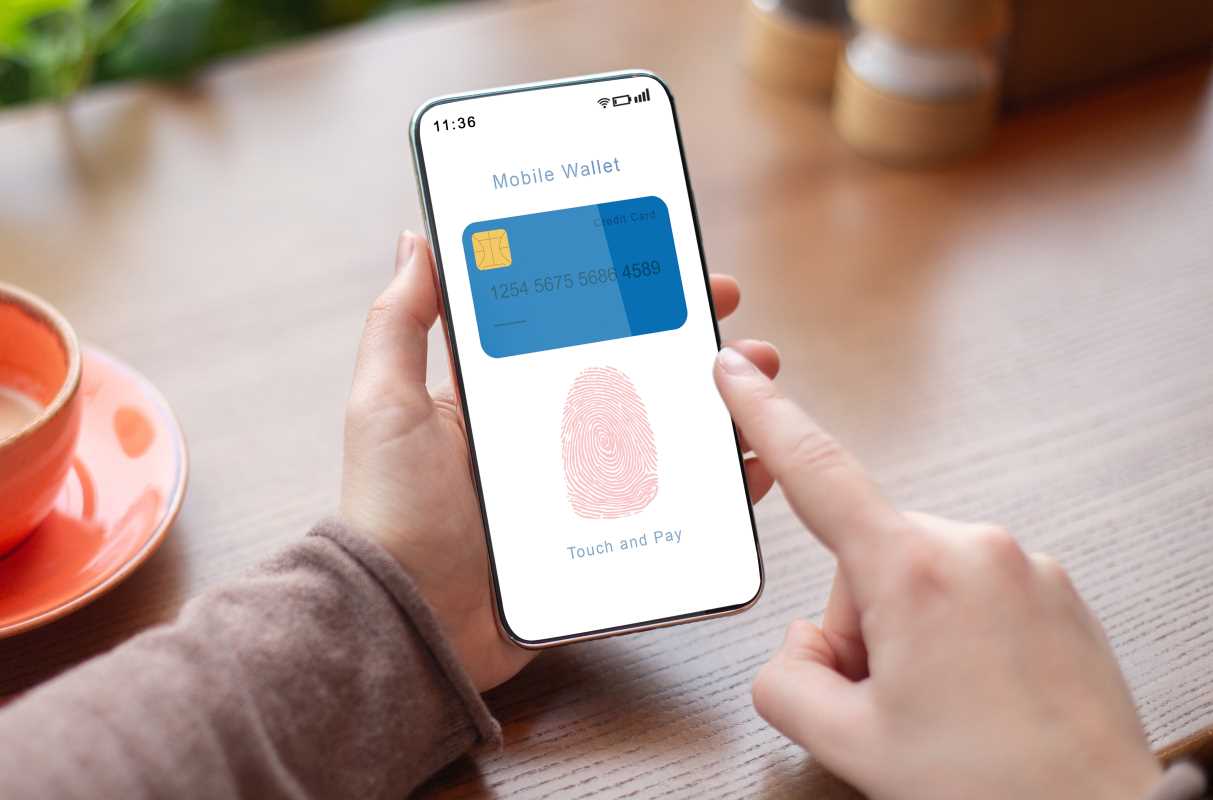Balancing your monthly bills can often feel like walking a tightrope, especially when every dollar counts. But saving money doesn’t have to mean giving up the little joys that make life comfortable. Managing a household on a tight paycheck or with a bit of extra padding each month, there are smart ways to trim expenses while keeping your quality of life intact. Cutting unnecessary costs without sacrificing convenience or comfort is completely doable with just a little strategy. Discover practical and creative ways to reduce your bills, tailored for anyone seeking to maximize every dollar. These tips could make life more affordable without forcing you to give up the things you love.
1. Swap Out Pricey Subscriptions for Budget-Friendly Alternatives
Streaming services, gym memberships, and subscription boxes can pile up fast. Instead of canceling everything, take a good look at what you actually use. Sticking to just one or two platforms can save you upwards of $40 a month, and many services offer discounts for annual billing. You can also explore free streaming options, such as Pluto TV or Tubi.
For your workouts, try shifting to free or low-cost YouTube fitness channels. Options like Blogilates or Athlean-X offer great no-cost routines that rival pricey memberships.
2. Optimize Your Utility Usage
High utility costs can sneak up on you, but tackling them starts with small, mindful changes. Adjust your thermostat by just a few degrees. Lowering it in the winter or raising it in the summer can reduce your energy bill by $10–$20 every month. Smart thermostats, like Nest or Ecobee, learn your preferences and make the adjustments automatically.
Switching to energy-efficient LED light bulbs is also an easy win. They use up to 75% less energy than traditional bulbs and last several years longer, too. If your water bill feels high, installing low-flow showerheads and faucet aerators can help cut usage without reducing pressure or comfort.
3. Hack Your Grocery Bill Without Cutting Quality
Grocery shopping often feels like one of life’s unavoidable expenses, but it doesn’t have to break the bank. Preparing a meal plan for the week helps limit impulsive buys. You could also download store apps for exclusive discounts and track savings on essentials. Stores like Kroger or Safeway often have loyalty programs that knock dollars off your bill.
Shopping generic store brands instead of name brands can save 30–40% on what you spend. They’re often made by the same manufacturers with nearly identical ingredients. Buy foods in bulk when it makes sense, especially for non-perishable items like rice, beans, or pasta. And those membership stores like Costco? They’re worth it for families or roommates who can split the cost.
4. Negotiate Your Bills Like a Pro
Many don’t realize that services like cable, internet, or even insurance are negotiable. Contact your internet provider and ask about any promotions or discounts available. Mention competitors offering better prices and be willing to switch unless the company gives you a better deal.
Using services like Truebill or BillSmart can help. They negotiate directly with companies on your behalf, saving you time and hassle. Cutting $10–$20 off a few major bills can add up to several hundred dollars saved annually.
5. Rethink Your Cell Phone Plan
Overspending on data you don’t use or features you hardly touch? Downgrading your phone plan can help reclaim money. Many carriers, like Mint Mobile or Tello, offer affordable plans for lighter data users. Even popular networks like Verizon or T-Mobile have prepaid options that often cost less than traditional plans.
Consider switching to a family plan if you aren’t already on one. Splitting a bill with a group significantly lowers your per-person cost.
6. Make Use of Cashback Apps to Save on Everyday Expenses
Even the necessities you can’t avoid can come with savings when you use cashback or reward apps. Apps like Ibotta or Fetch Rewards offer rebates for grocery purchases, and Rakuten gives cash back on online shopping. These tools are easy ways to earn a little extra for purchases you’d be making anyway.
Redeem those rewards over time, and you could cover a subscription or buy yourself something nice without feeling guilty.
7. Be Strategic About Debt Repayment
Debt can be one of the trickiest bills to tackle, but it’s important to approach it strategically to save more money over time. Consider paying off high-interest debt first, commonly called the avalanche method, to minimize the total interest you owe.
Alternatively, transferring balances to a lower-interest credit card could save you significant amounts monthly. Keep in mind, balance transfer cards often come with a fee, but the long-term savings often make it worthwhile.
By addressing your debt strategically, you build extra budget wiggle room, allowing for more comfort in other areas of life.
8. Take Advantage of Free Local Resources
Your local community might offer resources that can help save you money outright. Many libraries loan much more than books these days, providing free access to movies, audiobooks, online courses, and sometimes even hardware like Wi-Fi hotspots or tablet rentals.
Check out the events hosted by your town or city council. Free fitness classes, museum admission days, or even concerts provide entertainment without increasing your bills.
9. Daily Luxuries Don’t Have to Be Expensive
Treating yourself helps make life enjoyable, but those little comforts don’t have to derail your finances. Instead of buying coffee every day, try making fancy drinks at home using TikTok or YouTube recipes that use basic and inexpensive ingredients. Using a thermos over takeout cups can save you hundreds annually without compromising that latte feeling.
Consider finding alternatives to expensive hobbies as well. Subscribing to online learning platforms like MasterClass or Skillshare can be a cheaper way to fuel your interests.
10. Stay Disciplined But Flexible
Staying on top of your budget means keeping track of improvements, but it’s okay to adjust your strategy, too. Track your spending for one month to truly get a snapshot of where your money goes. Use apps like YNAB or Mint to stay on top of progress. Adjust based on what you learn. Did the energy-saving tips work? Were cashback apps worth your time? Financial discipline isn’t about perfection. It’s about learning what works and sticking with it.
 (Image via
(Image via

.jpg)



